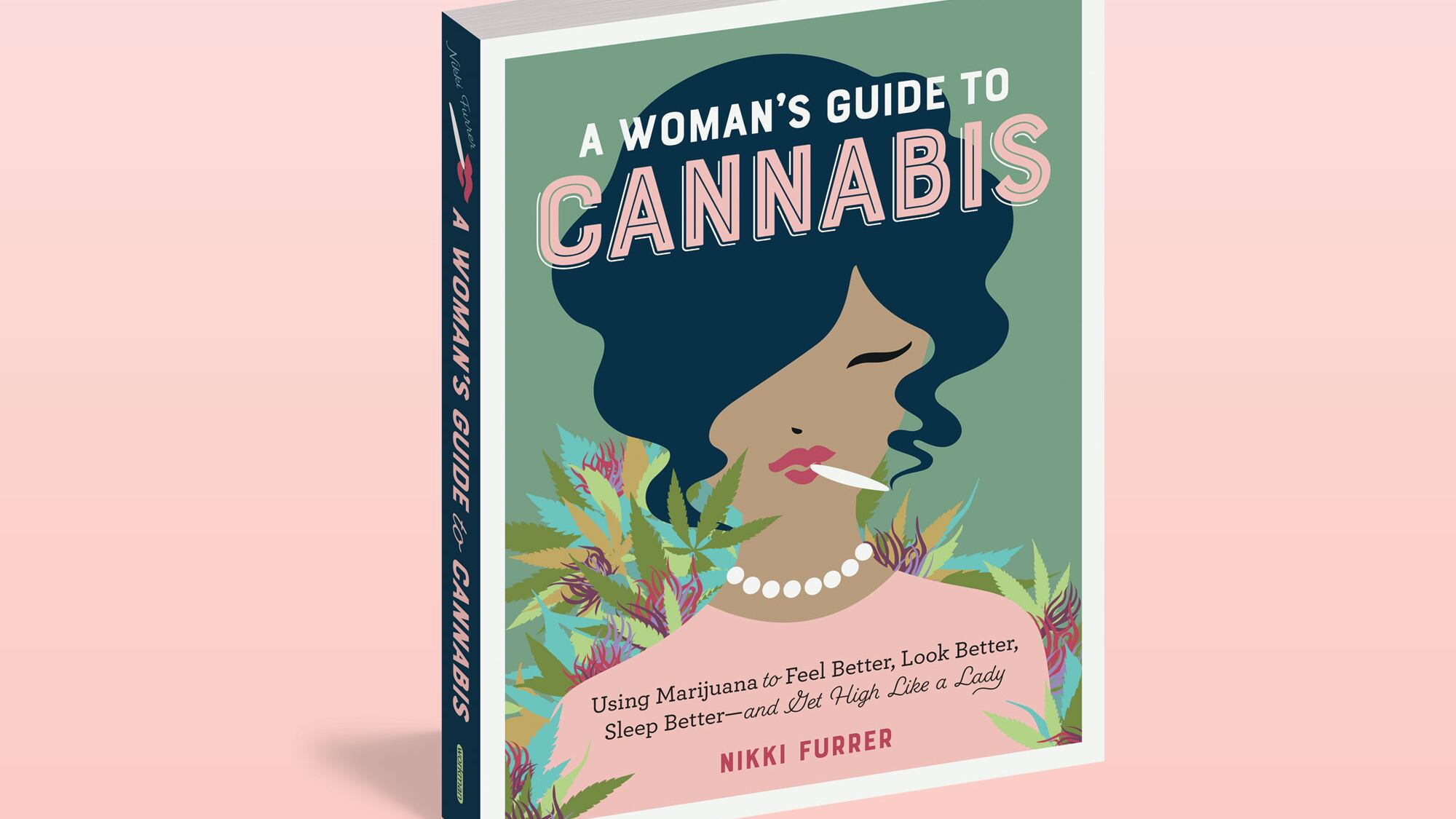If you want to learn about cannabis, the internet is an intimidating place to start.
You'll find thousands of non-accredited sources making broad claims about cannabis consumption, skin care and the healing power of CBD. If you're lucky, you've got a friend or family member in the industry to help sort fact from fiction.
For everyone else, there's A Woman's Guide to Cannabis (Workman Publishing Co., 224 pages, $16.95), a new book by budtender-turned-cannabis lawyer Nikki Furrer. Described as a guide to "using marijuana to feel better, look better, sleep better—and get high like a lady," the book is meant to empower women to enjoy cannabis to its fullest, and destigmatize preconceived notions of female cannabis consumers. But despite the title, it should satisfy inquiring minds of any gender.
In the book, you'll find a breakdown of basic plant chemistry, dosage, tolerance and how to shop for the type of high you seek, along with helpful tips derived from Furrer's experience in the Denver dispensary and farm scene. Furrer manages to convey a conversational tone throughout, patiently walking through pretty much every rookie query you've ever heard regarding pot.
WW talked with Furrer about writing one of the first comprehensive printed guides to cannabis, the key to talking to your parents about it, and what it actually means to "get high like a lady."
WW: As the official cannabis industry representative in my family, I know this book would've saved me several hours over the past few years. Is that what you intended?
Nikki Furrer: It still saves me time. There are more and more people walking into a recreational dispensary for the first time, and there's still nothing very basic and digestible for them to use as a guide. I ran an independent bookstore before getting into cannabis, and there wasn't anything that presented the basic information, that explains things from the beginning, gives a sense of plant science and consumption options, but also takes you through the dispensary and teaches you how to read test results. Lots of family members want to be supportive and open to cannabis, but don't know how.
What does it mean to "smoke like a lady?"
It was really inspired by the older customers I'd meet at the shop. The older women were the ones with high standards. They asked the most questions, they expected pharmaceutical precision and consistency, and came back in to let me know if they didn't like what they tried. That was the biggest difference to me between male and female consumers. They let me know. But men have seemed to bristle at the title.
How so?
Maybe it's just that the title makes them feel left out, but they sort of questioned the need for the book at all. It's a book for everyone—there are recipes for cannabis-infused beard oil and moustache wax. Most of the cannabis industry is geared toward men, both sales and advice, and cannabis can relieve many conditions that men don't experience. Frankly, at some point, we need a safe space to talk about menopause symptoms.
You definitely take every age into consideration—I was impressed to see you weren't too prude to include a DIY suppository tutorial.
They are extremely popular with older patients because of the potency. I split my time between St. Louis and Chicago, and suppositories are just hitting the market in Chicago. It's all they buy—some of them aren't interested in anything else. I have a friend who's a nurse, and she's mentioned that our bodies actually process medicine better that way in general.
My older family members are open to the idea of cannabis, but persuading them to treat tincture like daily medicine has been a challenge. How do you go about getting seniors to look at cannabis differently?
Start by asking them about their pain, symptoms and the side effects from current medications. Some terrific phrases to start with are, "There is evidence that it will relieve that symptom," or "You don't have to feel high." That last one is a game-changer for newbies over the age of 60.

